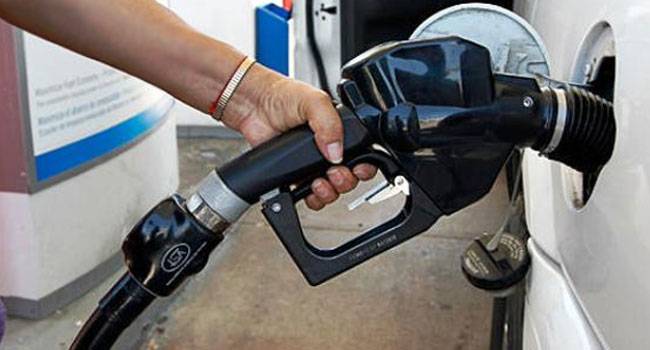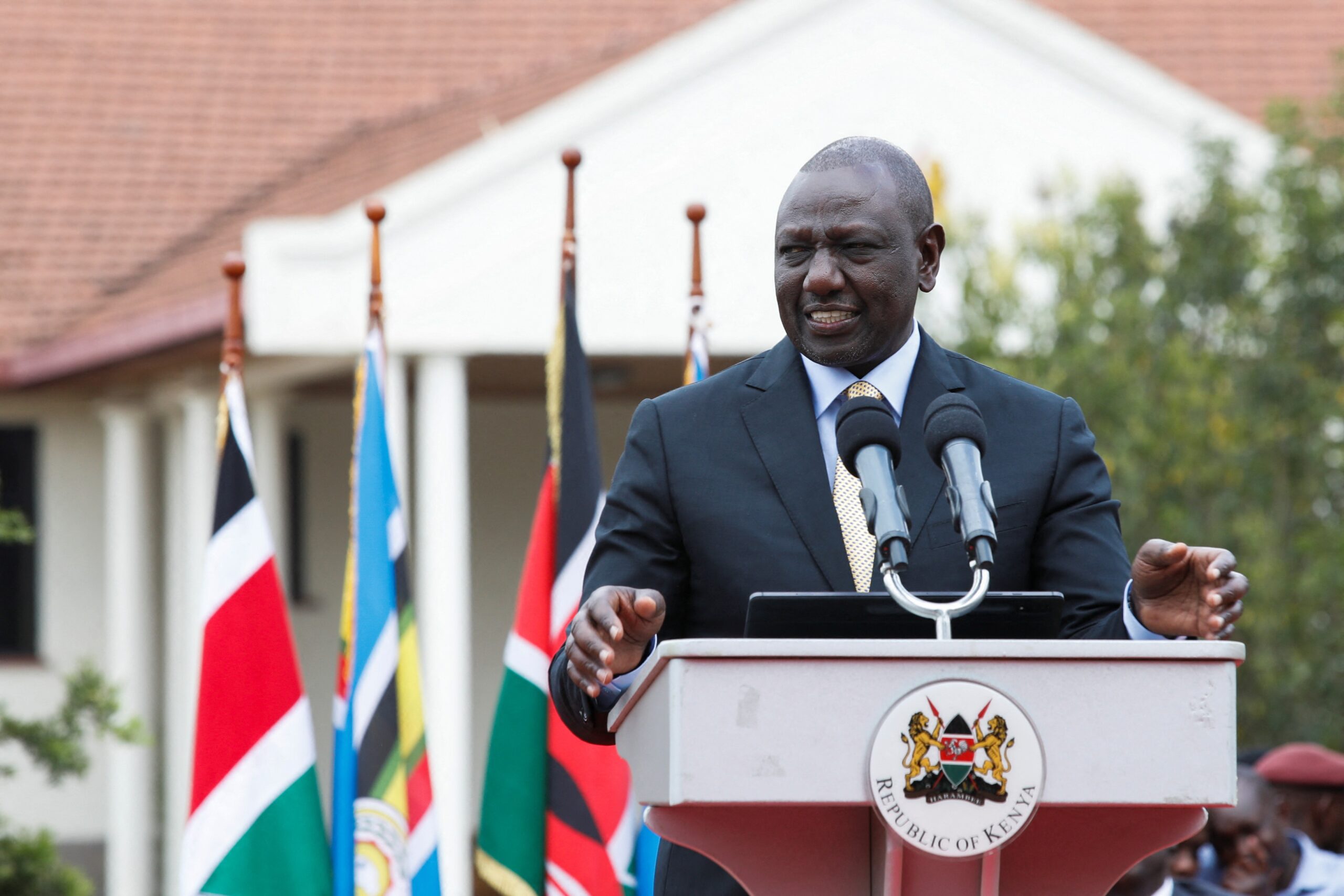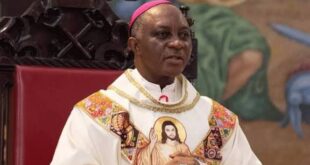 The government of the Republic of Kenya, under the leadership of President William Ruto, has recently made a significant policy reversal by reintroducing fuel subsidies on various petroleum products, including petrol.
The government of the Republic of Kenya, under the leadership of President William Ruto, has recently made a significant policy reversal by reintroducing fuel subsidies on various petroleum products, including petrol.
This decision comes after a series of public protests driven by concerns over the high cost of living in the country.
The primary objective of this move is to alleviate the impact of rising fuel prices on consumers.
To achieve this, the Energy and Petroleum Regulatory Authority (EPRA), which oversees energy matters in Kenya, has announced that oil marketing companies will be compensated for the fuel subsidies through the Petroleum Development Fund.
The EPRA clarified that, for the upcoming month, the maximum retail price for a liter of petrol will remain steady at 194.68 Kenyan shillings ($1.35), preventing a potential increase of 7.33 Kenyan shillings ($0.05).
This measure is aimed at shielding consumers from the immediate effects of higher landed costs for petroleum products.
In an official statement, the EPRA stated, “To mitigate the impact of the rise in pump prices due to increased landed costs, the government has chosen to stabilize pump prices for the August-September pricing cycle.”
Under the revived subsidy scheme, petrol prices will remain unchanged at 194.68 Kenyan shillings ($1.35) per liter, diesel will maintain its price at 179.67 Kenyan shillings ($1.25) per liter, and kerosene will continue to be sold at 169.48 Kenyan shillings ($1.18) per liter.
This approach is intended to provide some relief to consumers facing the challenges of escalating fuel costs in the country.
 Startrend International Magazine For Your Latest News And Entertainment Gists
Startrend International Magazine For Your Latest News And Entertainment Gists





